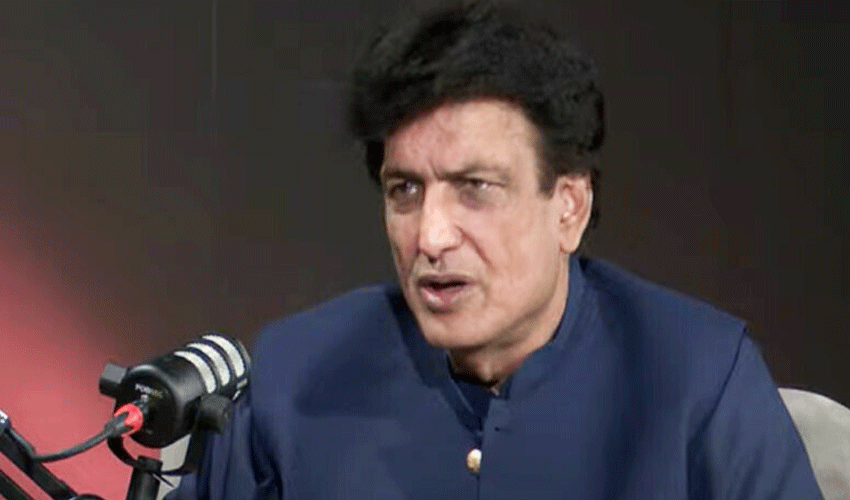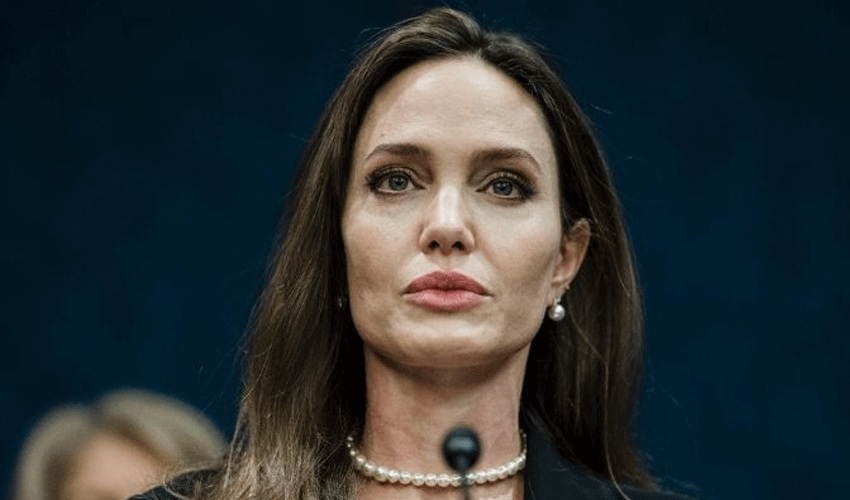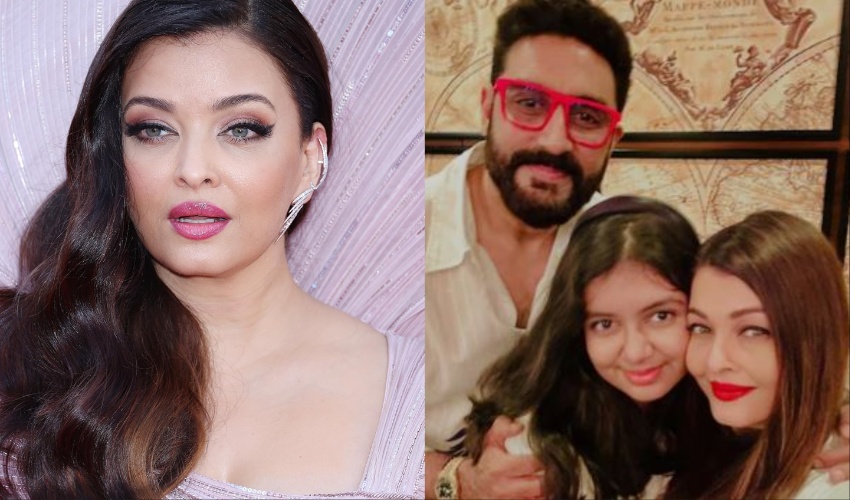Renowned dramatist and filmmaker Khalil-ur-Rehman Qamar has announced that he is now open to working in India.
The celebrated writer, known for his impactful dramas and films, revealed his decision during a recent appearance on a podcast.
His remarks have sparked conversations about his evolving views on cross-border collaboration.
Qamar, whose works have captivated audiences in Pakistan for decades, was once known for rejecting multiple offers from India. He had maintained a strict policy of not engaging in projects across the border, citing the lack of respect for Pakistani artists and the marginalization of local talent in the Indian film industry.
However, in a surprising turn of events, he now asserts that he is willing to collaborate with Indian filmmakers, leaving behind his previous reservations.
"For years, I held the belief that working in India was not the right choice. I turned down numerous offers. But now, that will no longer be the case," Qamar said, adding that his decision stems from the personal hardships he has faced, including the infamous ‘honey trap’ incident, which led to his kidnapping and torture.
The dramatist elaborated that his sense of patriotism had been severely impacted by the injustices he had endured, which diminished his earlier reluctance to engage with India. Despite the negative perceptions he had of the Indian film industry, he now feels justified in expanding his creative horizons.
Qamar also voiced his concerns about the disparity in recognition between Pakistani and Indian actors. He noted that while Indian films are widely appreciated and aired in Pakistan, many Pakistani actors are not recognized by Indian audiences. The situation, he claimed, often results in Pakistani actors having to work harder to establish themselves in India, while Indian actors are treated as stars when they visit Pakistan.
"Indian filmmakers have often disrespected our heroes, yet our media chases after their actors like they are royalty. This inequality has bothered me for years. But now, my outlook has changed," Qamar remarked.
In addition to his professional intentions, Qamar took the opportunity to shed light on his past grievances. He alleged that the Bollywood film Jas Desh Mein Ganga Rahat Hai (2000), starring Govinda, was based on his acclaimed 1999 play Bota in Toba Tek Singh. The play, which was broadcast on Pakistan Television (PTV), gained widespread popularity for its poignant narrative and compelling characters. Qamar claims that the character of ‘Ganga’ in the Bollywood film was heavily inspired by Bota, the protagonist of his play, portrayed by actor Faisal Qureshi.
While Qamar acknowledged that the entire plot of Jas Desh Mein Ganga Rahat Hai was not a direct copy of Bota in Toba Tek Singh, he maintained that the central character’s storyline mirrored his own creation. He further claimed that Indian filmmakers had procured a CD of his play from the legendary musician Ustad Amanat Ali Khan before producing the film.
Despite the apparent controversy surrounding the similarities between the two works, Qamar remains firm in his resolve to move forward with his career, which now includes potential collaborations in India. His willingness to overlook past conflicts signals a shift in his approach, potentially paving the way for a new era of creative exchange between the two countries.



























